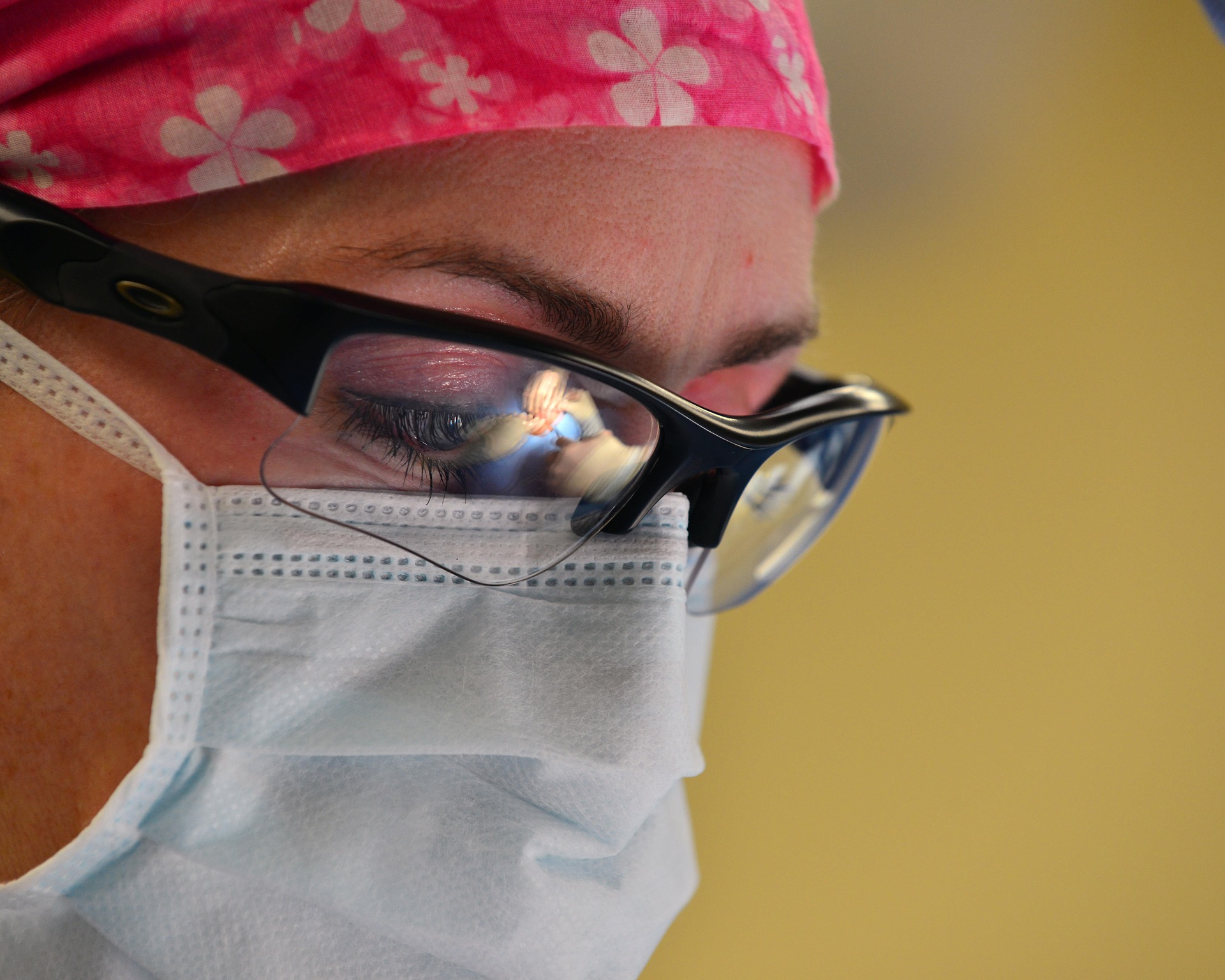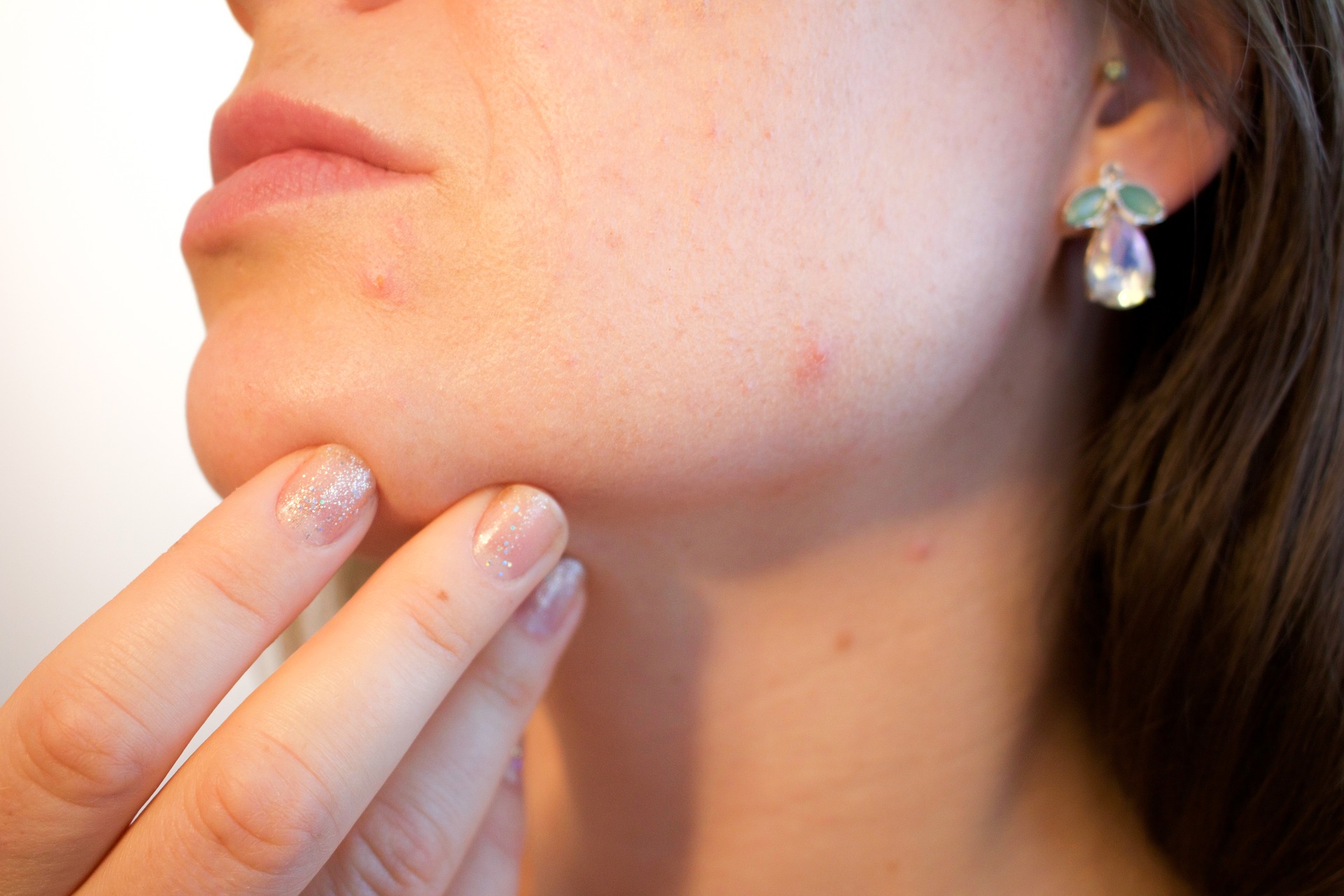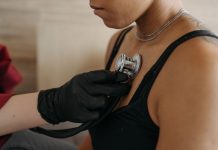Coronavirus is a virus that affects humans, mammals and birds. It causes infection in the upper throat, sinuses or nose. At times it is hard to differentiate between a cold and coronavirus. Coronavirus is not always dangerous, but it’s essential to seek treatment since it can be extremely harmful.
The most recent, and possibly the most deadly coronavirus, is the 2019-nCoV (novel coronavirus). This started out in the Wuhan province of China in December 2019 and is now on the brink of becoming a public health emergency. So far, at the time of this article, there have been over 6,065 known cases and 132 deaths.
Coronavirus can lay dormant for up to 10 days before symptoms begin to show. For this reason, stay savvy and maintain distance from anyone you know who has spent time in an infected area. Below is a guide of the signs and diagnosis for coronavirus. This information will help you know if you are infected and seek medical attention in time.

Coronaviruses Symptoms
Any time you feel that your body is not a hundred percent right, seek medical attention. The doctors conduct different significant tests before diagnosing your condition. There is no harm in being tested as it can lead to early prediction; therefore easy to manage your health.
There are many symptoms associated with coronavirus which at times may appear as a common cold. They include a running nose where you have to keep your handkerchief at hand. You may experience a severe headache in the front part.
Coronavirus also causes sore throat, cough and fever. At times the virus affects the lower respiratory tract causing pneumonia or at times bronchitis. Do not assume any of these symptoms which can make you feel weak and uncomfortable.
About 40% of the people who were affected with MERS (a form of coronavirus) died when the situation was not managed on time. Coronavirus can affect all age groups with weak immune systems, and it is common among people with heart problems.
Coronavirus Infection Diagnosis
There is no universal vaccine for coronavirus. Scientists, however, have established various practices that help you prevent a coronavirus infection. They are standard practices involved in preventing cold.
These practices include washing your hands thoroughly with soap and a hand sanitizer, keeping your fingers away from your mouth nose and eyes and avoiding contact with infected people. Treatment for a coronavirus infection is the same as those of handling a cold.
Ensure you take plenty of fluids to hydrate, and get enough sleep to relax. Take over the counter medicines to calm your situation. However, avoid giving aspirin to children below age 19. The pharmacist will recommend other suitable medications.

In case you get worse, or the symptoms persist ensure to seek medical advice. Visit the nearest hospital for further testing and treatment. A hot shower will also do you good in helping you ease the cough and sore throat.
Coronavirus infection doesn’t take a long time to treat. The critical treatment is cleanliness, ensuring that both you and the people around you live a clean and healthy life. All the foods you eat should be well cooked and properly cleaned.
Maintain personal hygiene by not sharing any personal items, including a handkerchief. It’s true to say that prevention is better than spending a lot of time and money on finding a cure.
When you are infected, remain at home and rest. Avoid close contact with other people so as not to spread to them. When coughing or sneezing cover your mouth with your hand or tissue and ensure it’s well-disposed. Also, wash your hands regularly to avoid spreading the germs.
Bottom Line
Coronavirus is currently spreading out of China and is on the verge of becoming an international health crisis. Understanding the symptoms and significant treatments will help you manage your symptoms and avoid any severe damage.
There is no age limit to being affected with coronavirus; therefore, be strict on hygiene and protect yourself as well as the people around you. After taking counter medications and there is no change or the symptoms persist, seek medical guidance.































